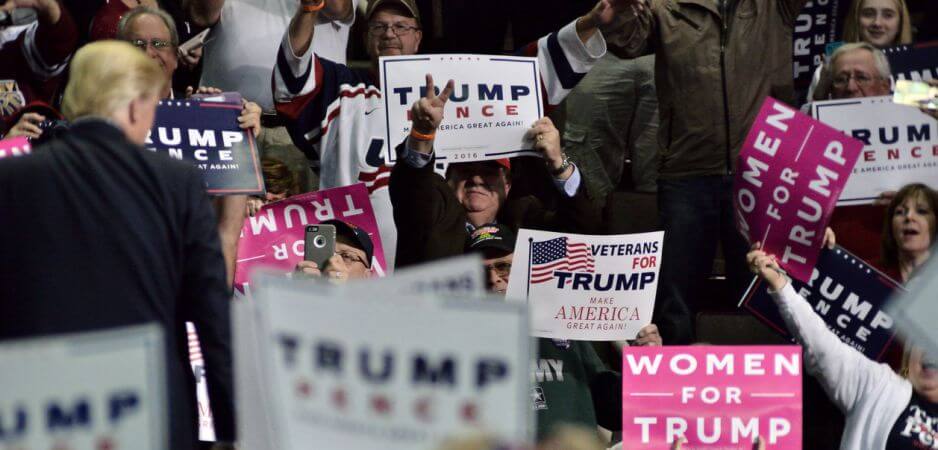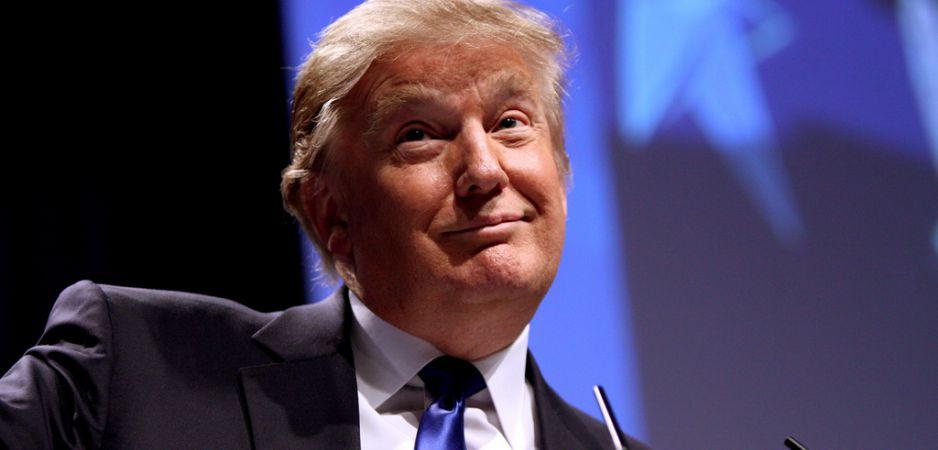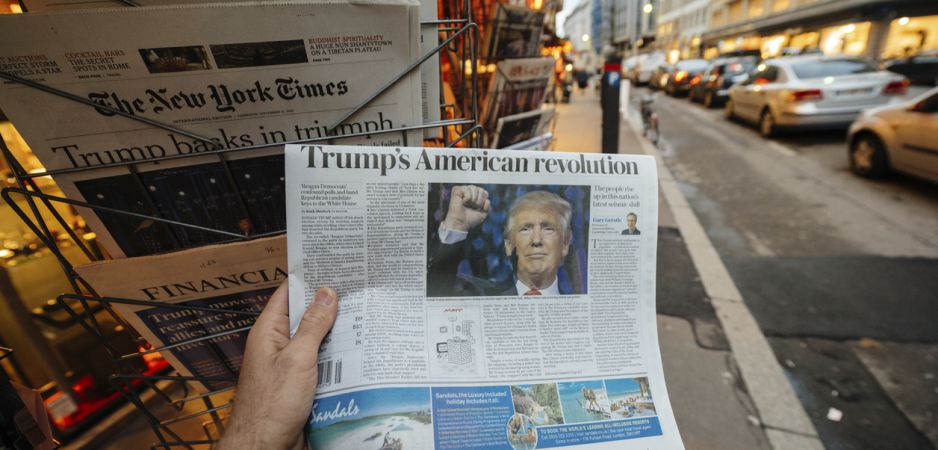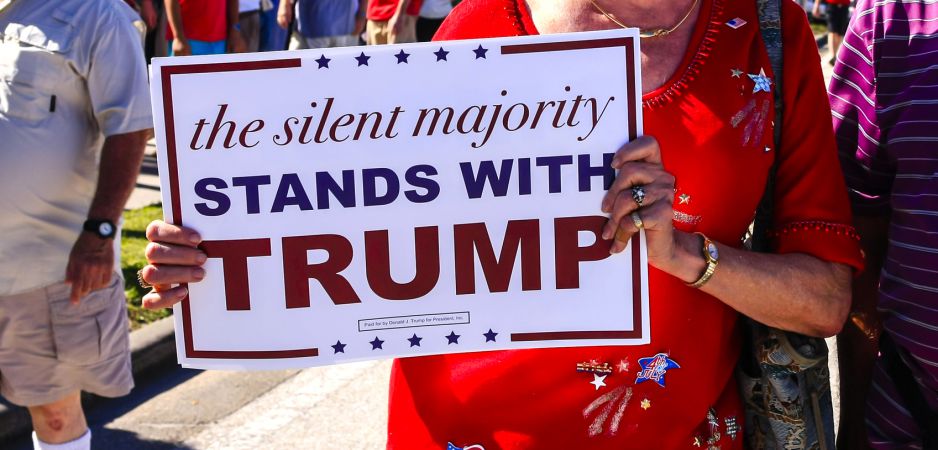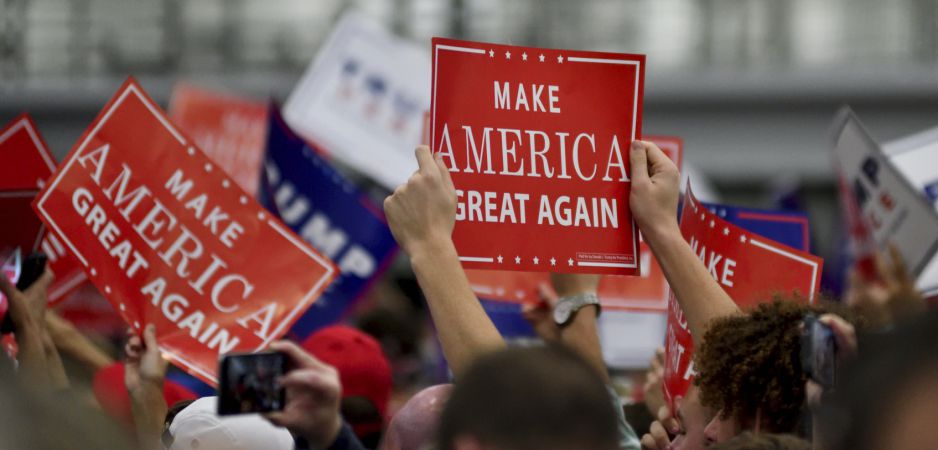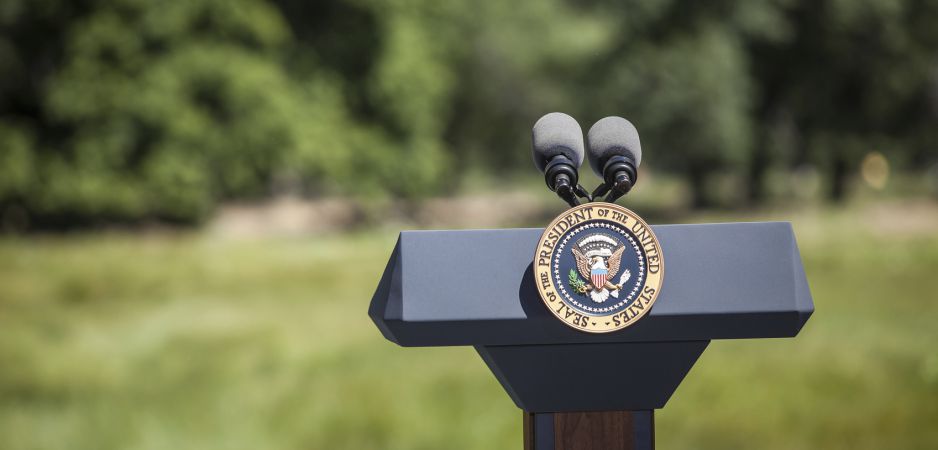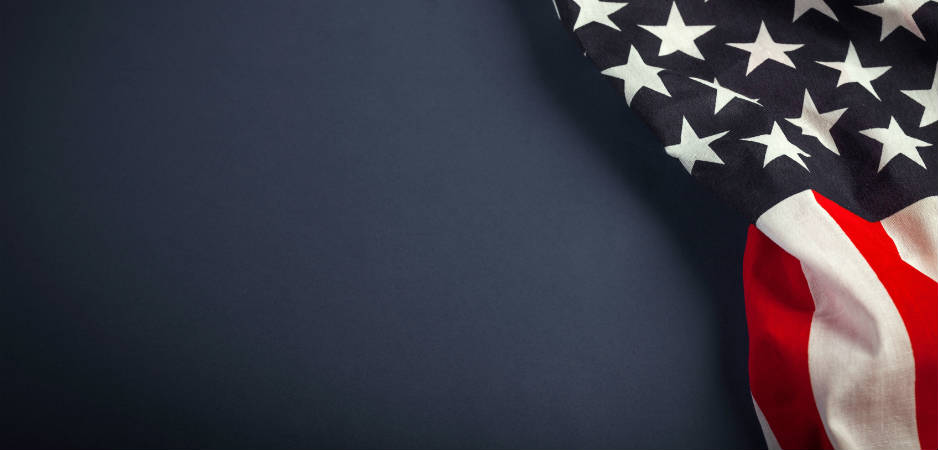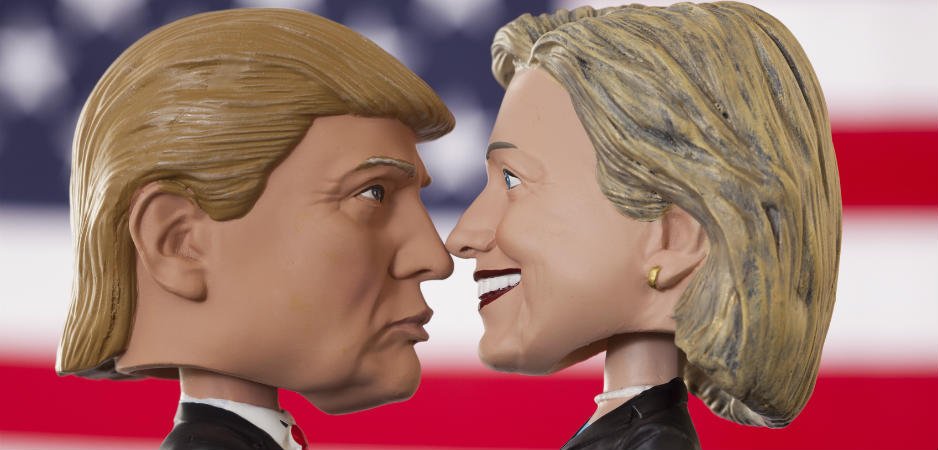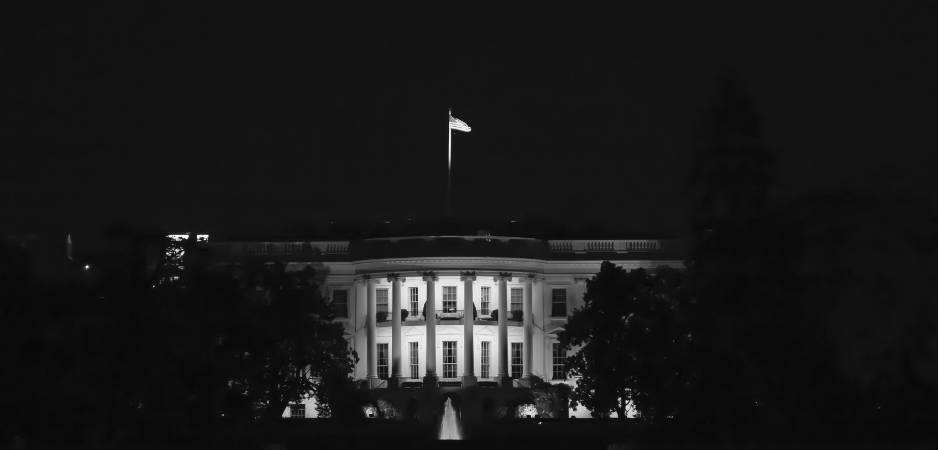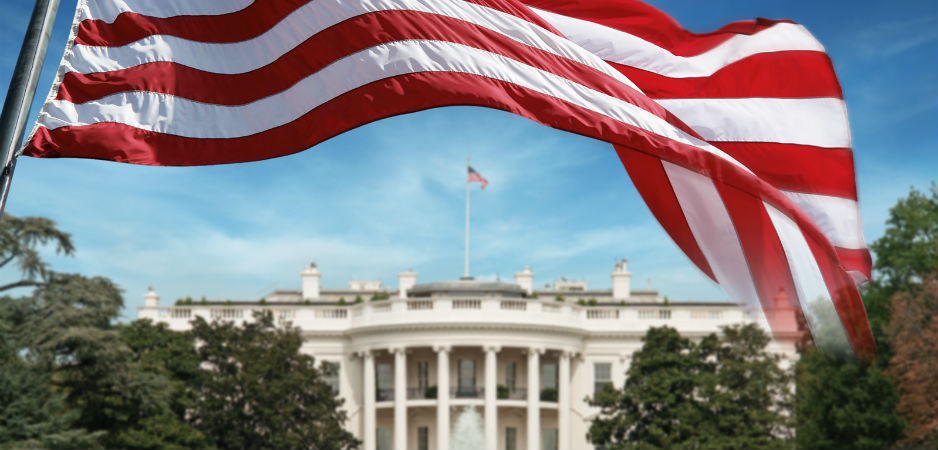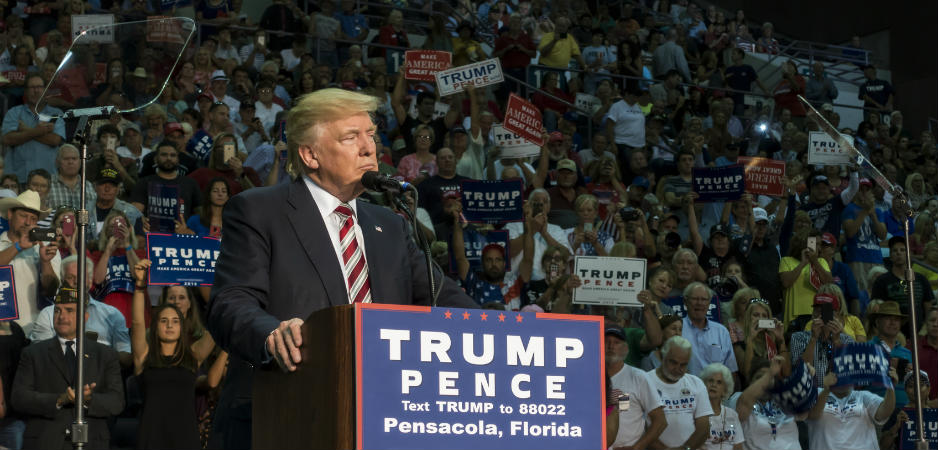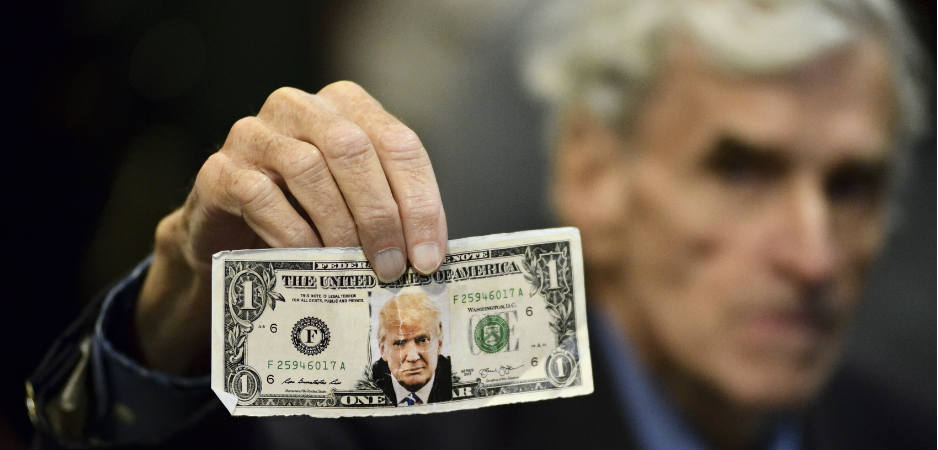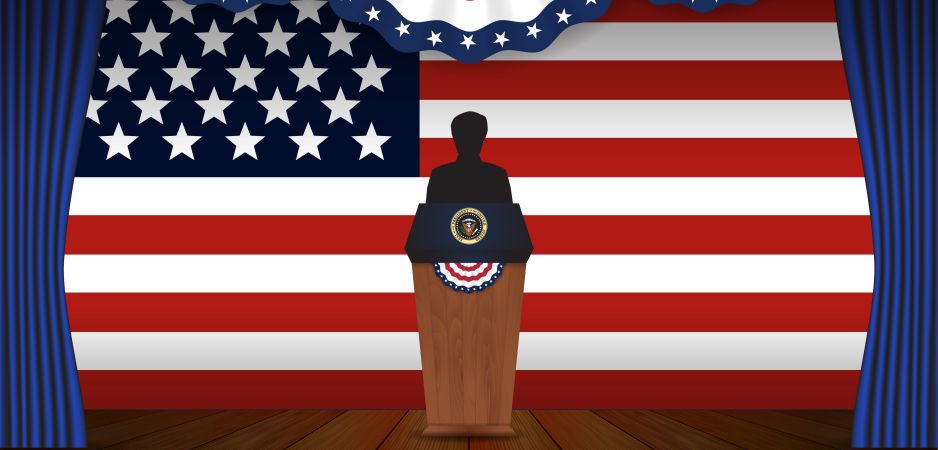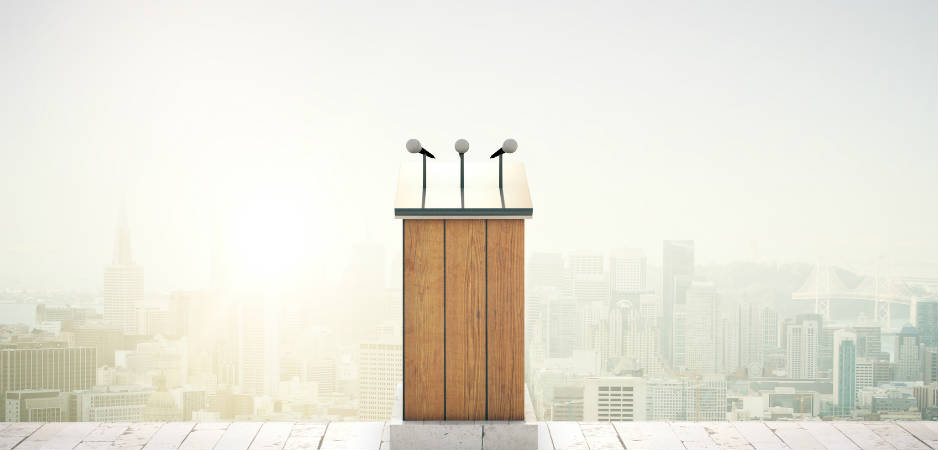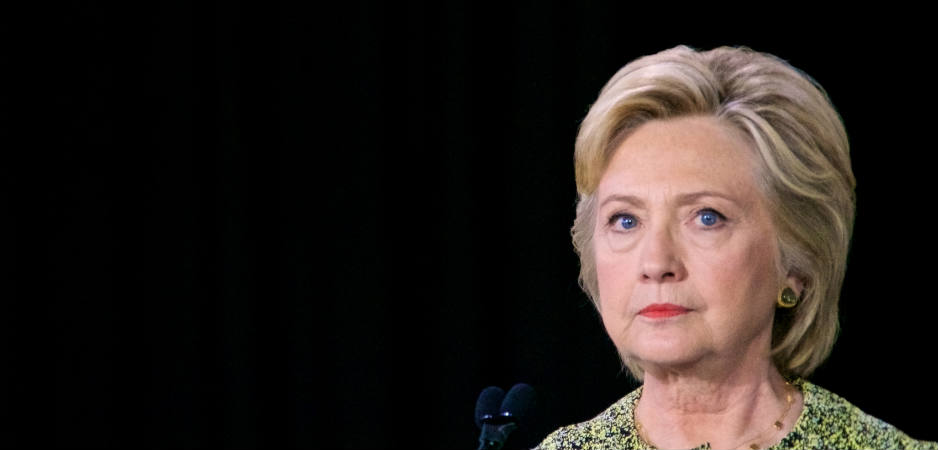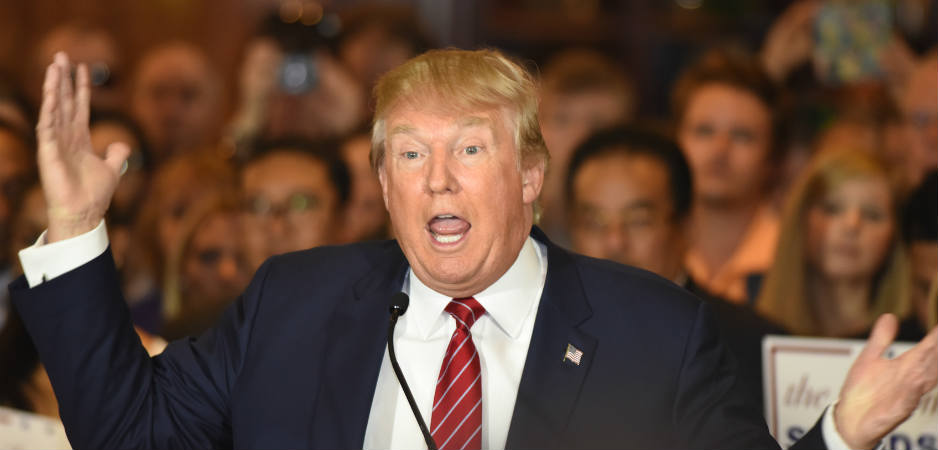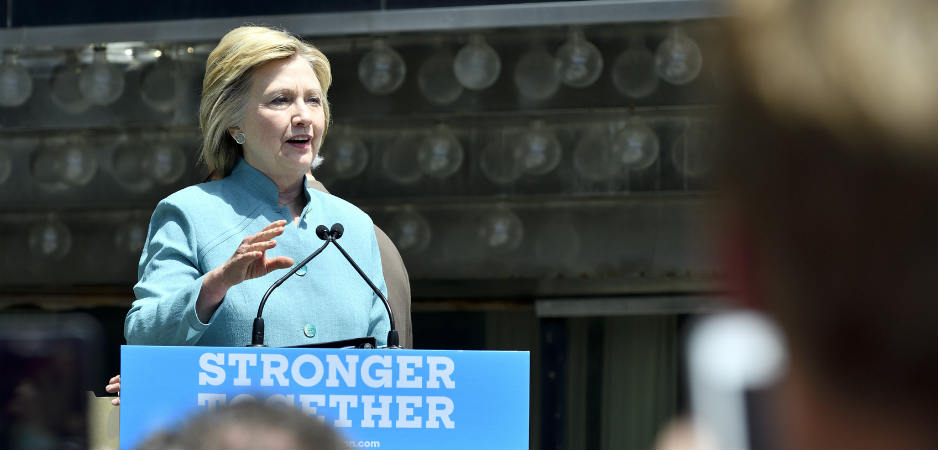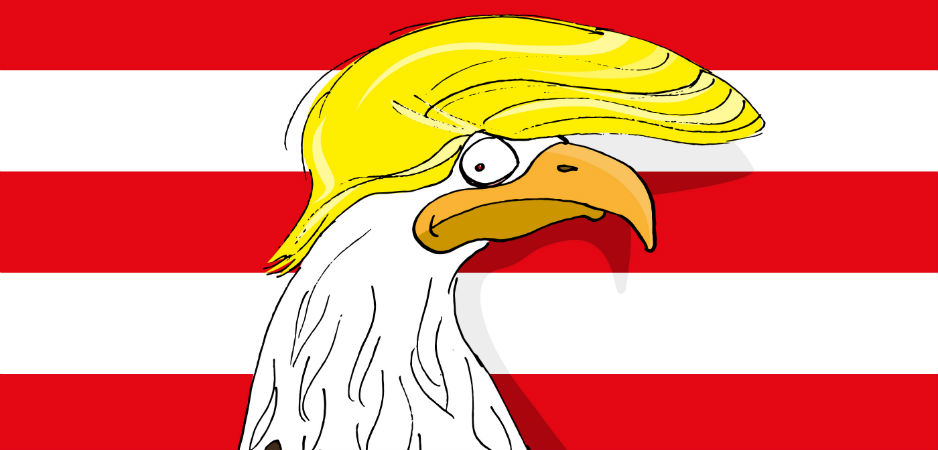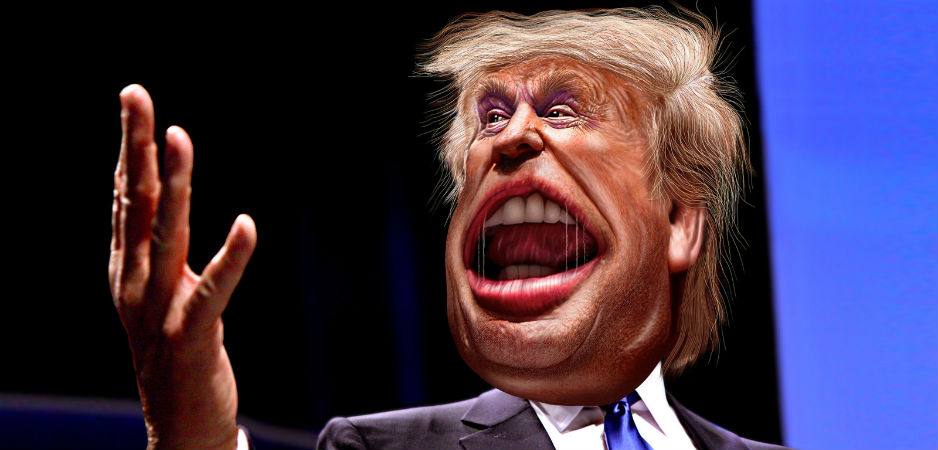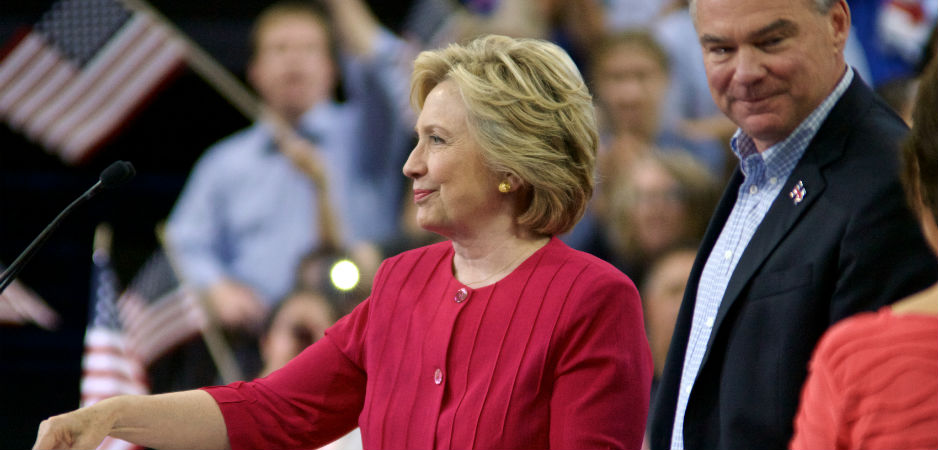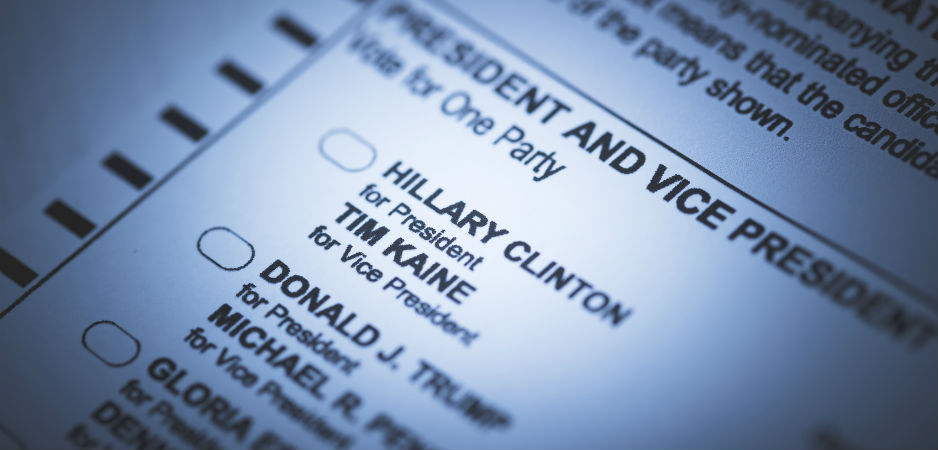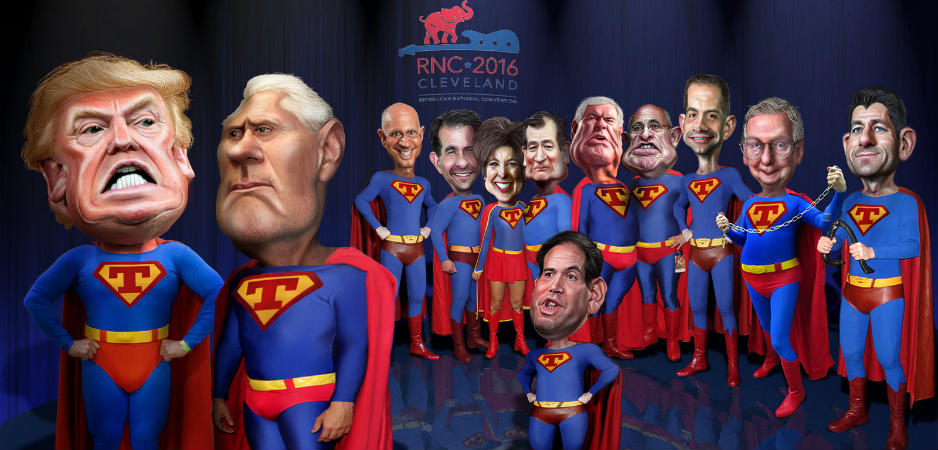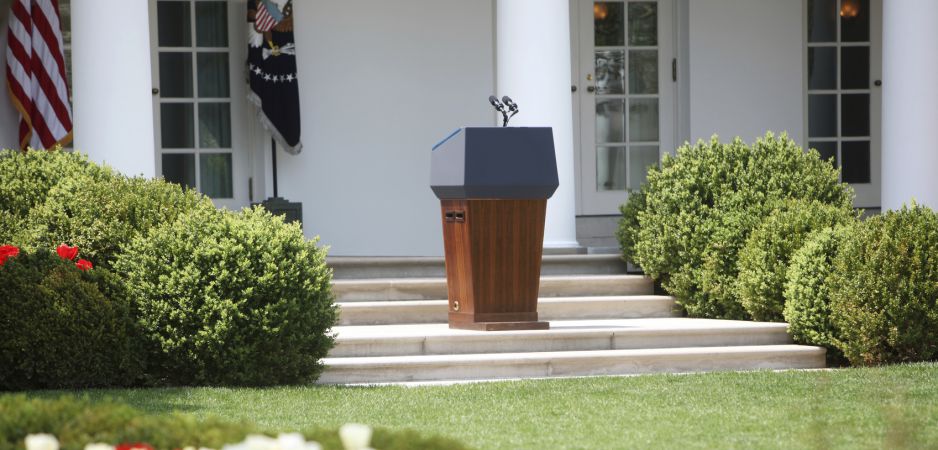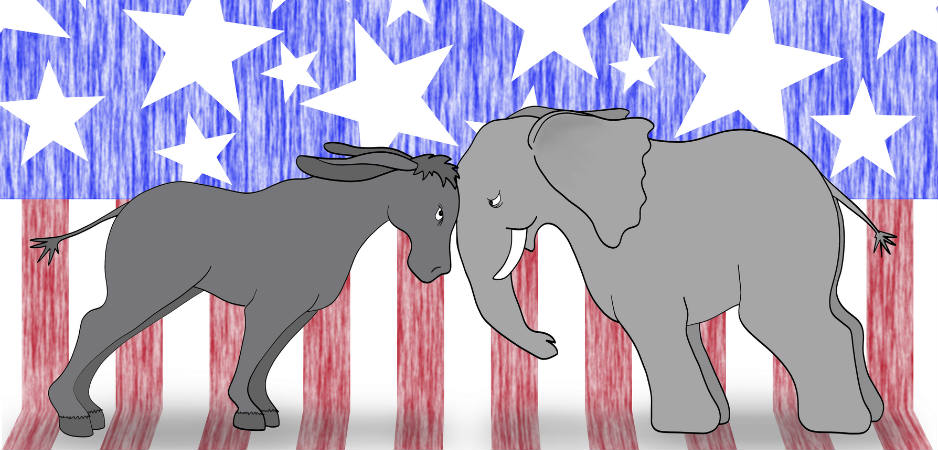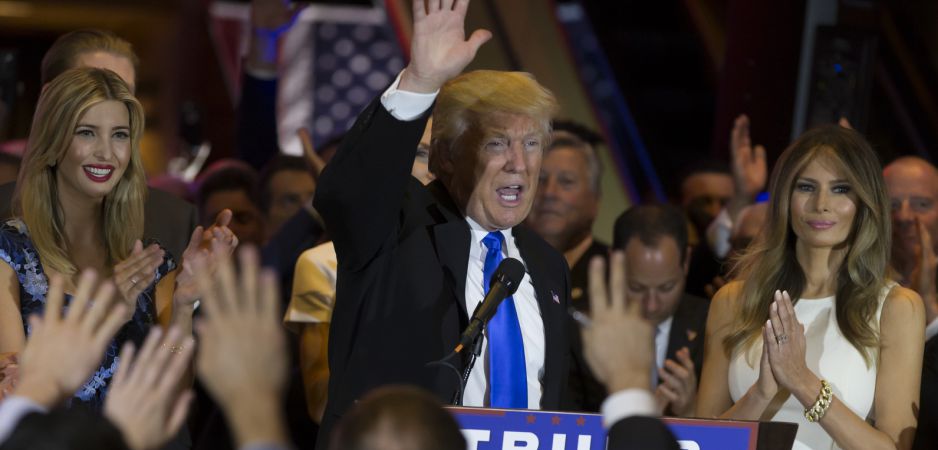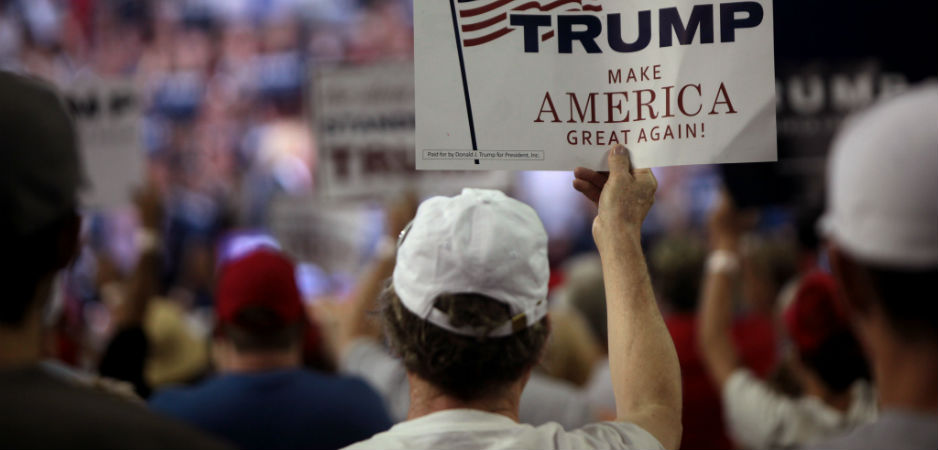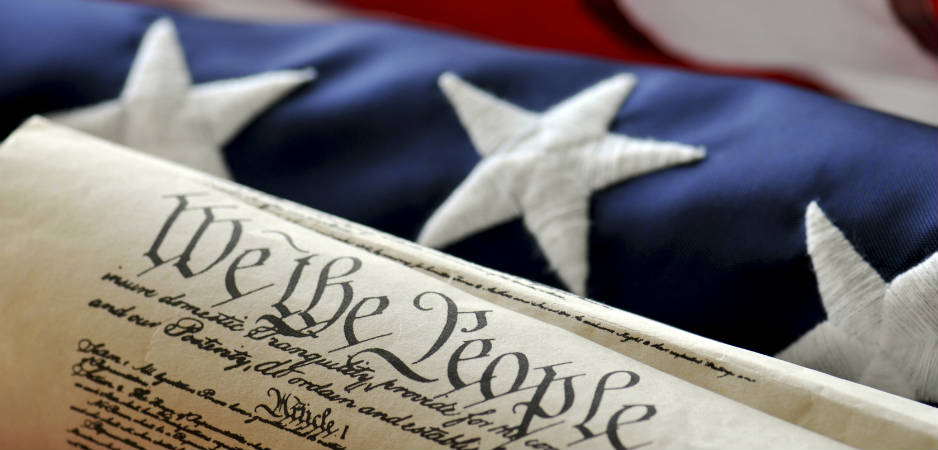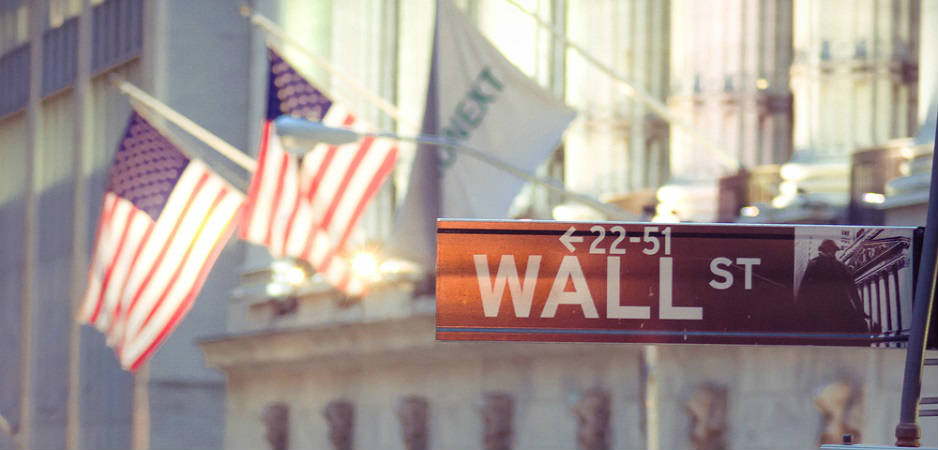We cannot fault the American people for believing that Donald Trump might, this time, represent a change.
I spent the night of November 8 consoling my mother, increasingly befuddled as she was enraged, that things are not as bad as they may appear, with the map of the United States turning bright Republican red. In fact, I was slightly more surprised to see the Cubs win the World Series than to see a man named Donald Trump anointed president-elect.
I personally couldn’t endorse either major candidate, but I also couldn’t explain Trump’s victory as sheer American ignorance, racism and sexism. Yes, the Ku Klux Klan’s Crusader endorsed Trump, but he won key northern states like Ohio and Pennsylvania and nearly New Hampshire. Yes, Trump has been accused of sexually assaulting women and even raping an underage girl at a party with convicted pedophile Jeffrey Epstein. But as the female voters still turned out for him, it proved what he said to Billy Bush: when you’re a celebrity, “you can do anything,” including becoming CEO of Corporation USA.
Businessman, Not Politician
And that may be the crux of explaining Trump’s rapid ascendancy in politics. As Calvin Coolidge oversaw the roaring 20s that would lead to a collapse and depression when he left office, he quipped incisively: “[T]he chief business of the American people is business.” Who better to buoy business than a man who has done more to turn his name into an international brand than anyone not named Kardashian? And it really doesn’t matter if Trump is bankrupt or a billionaire, so long as he presents the image of a winner, which has always captivated the American imagination.
Trump’s language of “law and order” and making “deals” on international relations and government finance reflect an American psyche that wants the chief executive to be a businessman, not a politician. Read properly, this desire for change, by electing an “outsider,” is par for the course in American politics. Even George W. Bush, heir to East Coast bankers and Republican National Convention (RNC) insiders, was portrayed as a political outsider from Texas.
So, justifying Trump’s victory does not require a conspiracy theory: for example, that he was selected by the Scottish Rite Masons during his supposedly impromptu trip to Scotland this past summer. And independent journalist Greg Palast’s important documentary, The Best Democracy Money Can Buy, if correct, predicted a million African-American and Latino voters would be disenfranchised in this election—certainly enough to swing votes in key states like Florida, Ohio, Pennsylvania and/or North Carolina. But that still cannot account for the epic turnout in favor of Trump because of our primal reality: Americans are not happy with the future of America.
During his campaign, Trump liked to draw upon the statistic that nearly 100 million Americans are outside the work force, with far too many more working full-time jobs while earning poverty wages. The 2010s have seen an increase in white middle-aged American mortality rates due to drug abuse, alcoholism, suicide and overall desperation. Meanwhile, the outbreak of a dozen riots during the Obama administration not only speaks to African-American discontent with police brutality and violence, but to incessantly decaying standards of living in urban centers.
In sum, when the states that voted blue in 2012 turned red, it was a clear reflection on the legacy of President Barack Obama.
New World Order
Yet to be fair, the vote for Trump is not only a reaction to Obama, but to the Bush-Clinton-Bush-Obama promise of a “new world order.” The new order at the end of the Cold War heralded political and market liberalism, under the protection of US-led international forces, to secure a brighter future. And yet trade agreements under the auspices of the General Agreement on Tariffs and Trade (GATT), the World Trade Organization (WTO), and the North American Free Trade Agreement (NAFTA) have paved the way for 147 transnational corporations to control nearly half the wealth of global economics, as per a 2011 study by the Swiss Federal Institute of Technology in Zurich. Of the world’s 100 largest economies, 51 are now corporations while 49 are countries.
And while the new world order might be predicated in corporate democracy, where people can vote with their credit cards, such consolidation of wealth inevitably creates conditions for the squeezing of the lower and middle classes through currency devaluation, lack of access to credit and stagnant wages.
This consolidation of wealth has been epitomized by the “too big to fail, too big to jail” slogan surrounding the top five US banks that control nearly half of all bank assets in America. Is it any wonder that the American Political Science Association published a 2014 study by Martin Gilens and Benjamin I. Page that America has become more akin to an oligarchy than a democracy?
It was in this election climate that I had dinner with a member of an “elite” American family, who was outraged that Trump’s vision for America might reduce our foreign military involvement. After all, it is our Navy that secures the trade routes from the Strait of Hormuz to the South China Sea. Naturally, we are in a globalized world, and that cannot be undone. But I emphasized how much Trump resonates with the traditional American middle class perspective that has always feared globalist economic policies and long commitments to foreign intervention.
When Trump speaks of securing America’s borders, it resonates as a slap in the face to a new world order agenda that seeks to amalgamate nation-states into larger transnational blocs. When he vows to reinstate Glass-Steagall, it threatens the financial conglomerates’ access to depositors’ money for speculation and profit. When he invokes energy security, like American natural gas, oil, coal, solar and nuclear energy, it poses a challenge to justifying US military engagements to secure regimes like the Saudis, who have been pillars of the petrodollar economy. When he commits to protecting American jobs from being outsourced, it alludes to a system of tariffs that might hinder international corporations and create retaliatory trade conditions.
And when Trump says he wants to “make America great again,” it’s political cant, but it is effective cant for a country that is searching for its motivation and purpose in this new century.
Will Donald Trump Bring Change?
Whether President Trump would do everything, or anything, he has claimed, only time will tell, though I certainly would not advocate fleeing the country yet in fear of white militias hunting down Muslims, Latinos and African-Americans. Our civil strife will continue, and much of it unfortunately will continue to play the race and religious card, because that is what occurs when a society is in hard times. Trump’s victory forces us to reflect on the harsh reality that our economy is not doing as well as President Obama claims—and I would not be surprised if an inevitable stock, bond and general market correction blames Trump’s election for the hit.
But were he to work with the Russians to calm our current Cold War-like tensions, and cooperate with them in promoting secular societies like Bashar al-Assad’s in Syria, one could only imagine. Were he to reassess our foreign policy engagements, focusing on US security through smart surveillance, targeting known terrorists and their cohorts rather than blanket metadata collection, one could only hope. Were he to reinstate Glass-Steagall and work to raise the minimum wage for the American worker, one could only dream.
We cannot fault the American people for believing that President-Elect Donald Trump might, this time, represent a change. Even if we have been lied to, endlessly, by our politicians before.
The views expressed in this article are the author’s own and do not necessarily reflect Fair Observer’s editorial policy.
Photo Credit: Bastiaan Slabbers
For more than 10 years, Fair Observer has been free, fair and independent. No billionaire owns us, no advertisers control us. We are a reader-supported nonprofit. Unlike many other publications, we keep our content free for readers regardless of where they live or whether they can afford to pay. We have no paywalls and no ads.
In the post-truth era of fake news, echo chambers and filter bubbles, we publish a plurality of perspectives from around the world. Anyone can publish with us, but everyone goes through a rigorous editorial process. So, you get fact-checked, well-reasoned content instead of noise.
We publish 2,500+ voices from 90+ countries. We also conduct education and training programs
on subjects ranging from digital media and journalism to writing and critical thinking. This
doesn’t come cheap. Servers, editors, trainers and web developers cost
money.
Please consider supporting us on a regular basis as a recurring donor or a
sustaining member.
Support Fair Observer
We rely on your support for our independence, diversity and quality.
Will you support FO’s journalism?
We rely on your support for our independence, diversity and quality.




